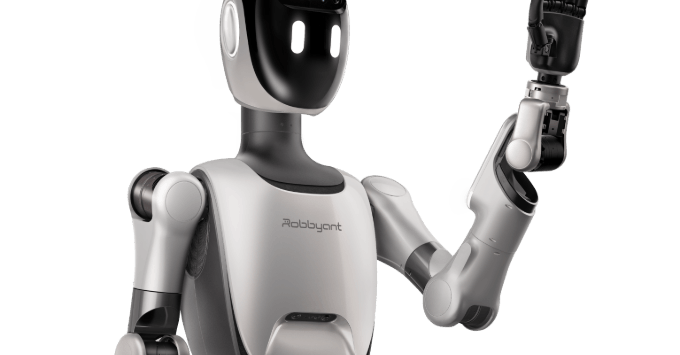R1: The Chinese Robot Rival to Tesla’s Optimus

▼ Summary
– Ant Group has unveiled its first humanoid robot, Robbyant R1, at tech conferences this month.
– The robot demonstrated cooking shrimp at the IFA 2025 show in Berlin and was also shown at the Inclusion Conference in Shanghai.
– Potential uses for R1 include healthcare as a companion or caregiver, and as a robotic tour guide in the travel industry.
– The company has not announced a launch date or price and is testing the robot in community centers and restaurants.
– Ant Group joins Tesla in investing in AI-powered robotics, though the field has historically seen slow progress despite recent software advances.
A new wave of automation is taking shape as Chinese tech giant Ant Group steps into the humanoid robotics arena with its debut model, the R1. Designed to perform a range of tasks from cooking to caregiving, this robot represents a significant push into AI-driven physical systems, positioning itself as a potential competitor to projects like Tesla’s Optimus.
Recently showcased at major tech events including IFA 2025 in Berlin and the Inclusion Conference in Shanghai, the R1 has drawn attention for its ability to handle kitchen duties, most notably preparing shrimp for onlookers. Developed by Robbyant, a subsidiary of Ant Group, the robot is being pitched as a versatile assistant with applications across healthcare, hospitality, and domestic settings.
While the demonstrations have generated buzz, the company has remained quiet about specific launch timelines or pricing. Early testing is underway in community centers and restaurants, though real-world performance remains to be thoroughly evaluated. Footage from IFA showed the robot completing a simple task, placing a box on a counter, at an extremely deliberate pace, suggesting that significant refinement may still be needed.
Ant Group’s move into robotics mirrors broader industry trends, with firms like Tesla also investing heavily in AI-powered humanoid machines. Despite decades of ambitious claims and often disappointing results in robotics, many experts believe recent software breakthroughs could finally help the field achieve meaningful, real-world utility.
(Source: The Verge)





